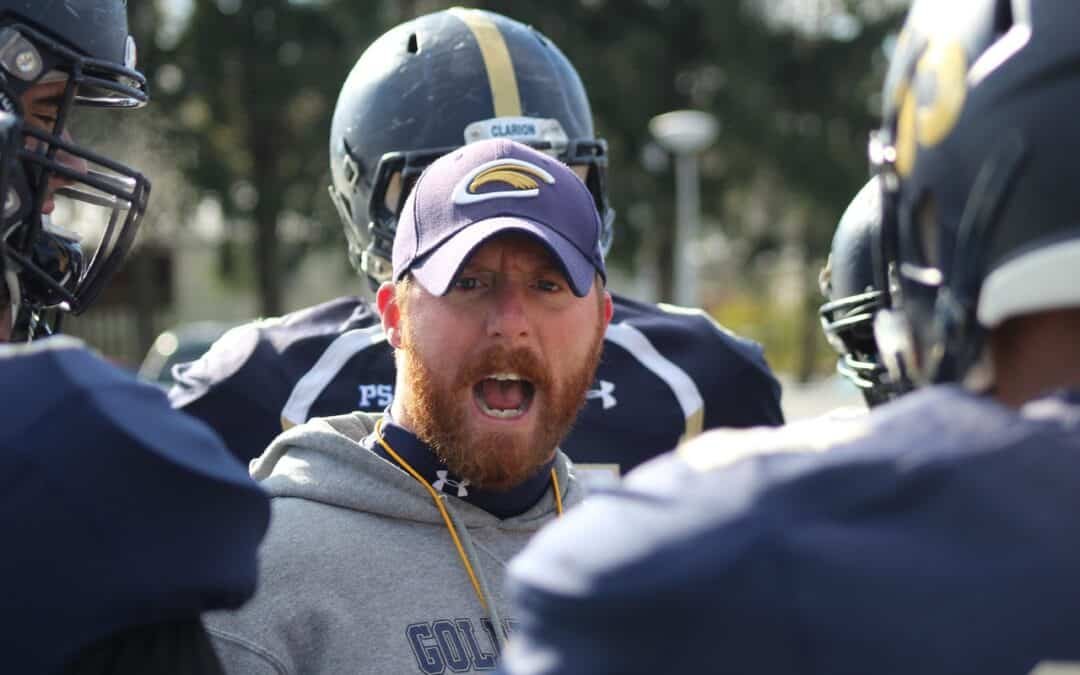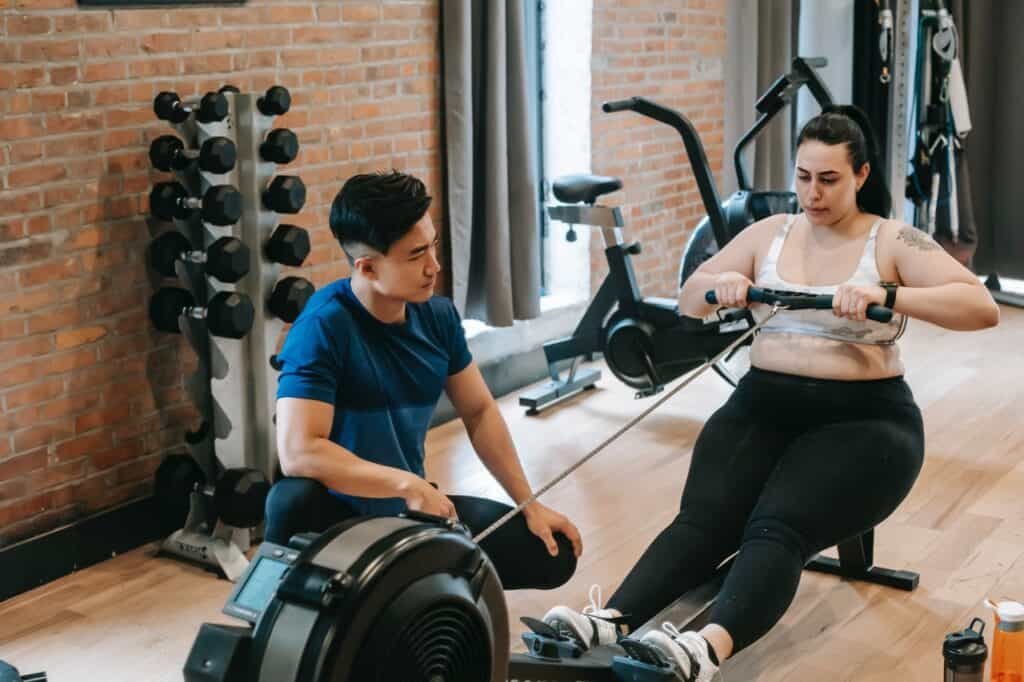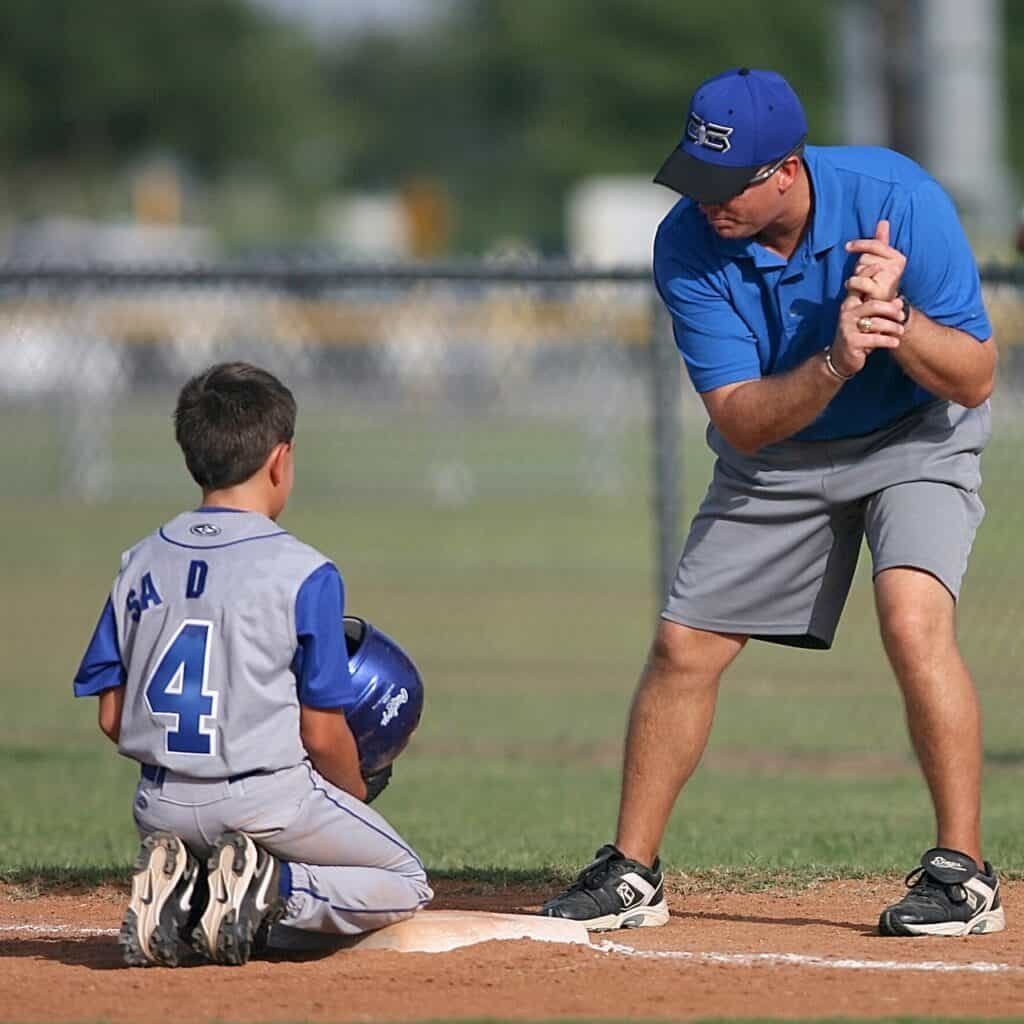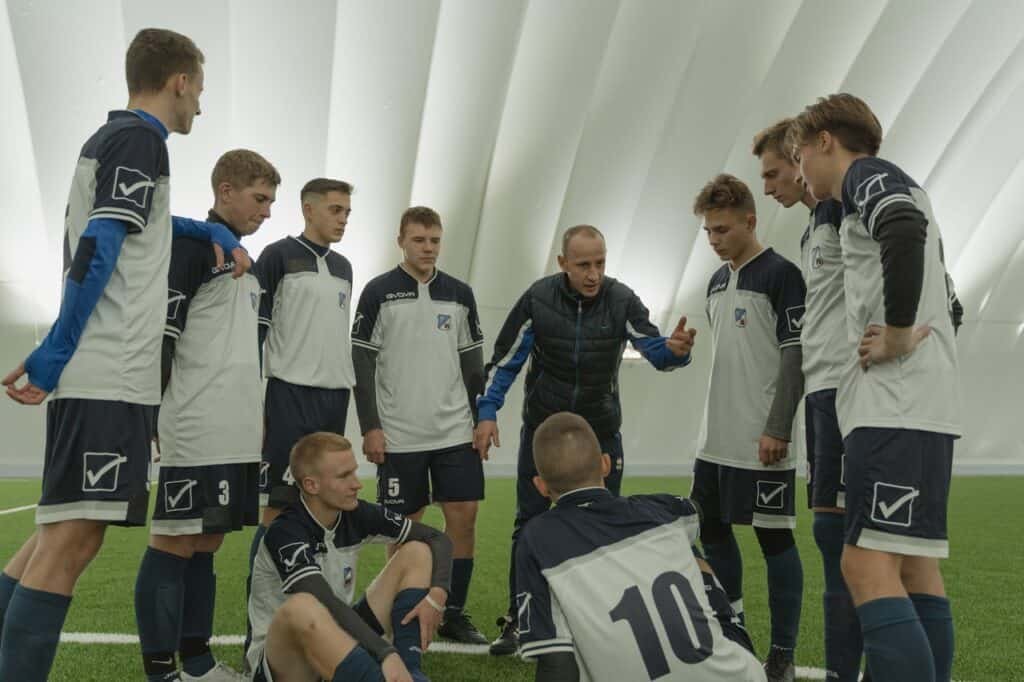In today’s world, the coaching profession keeps on changing. That is why coaches of different levels of sport competition should have advanced knowledge in order to become successful. Coaches are given the task to develop athletes’ skills and talent and help them in achieving their goals. Because of this, they should be knowledgeable on the various areas related to the athletes’ performance enhancement. Aside from training these athletes physically and mentally, coaches should train them about the disciplines of sports medicine, sports psychology, sports administration, as well as strength and conditioning.
Here, we are going to provide you with the main components of these disciplines. It is important that coaches be familiar with these components so that athletes can develop their skills in preparation for achieving their peak performance.
What Coaches Need to Know
Right from the start of a sports competition, athletes must obtain the skills and knowledge needed to become champions. As sports began to evolve, coaches started to work closely with their athletes on sport skill development.
To help coaches and athletes in developing methods and techniques for achieving peak performance, education and training programs were introduced. When creating these coaching education programs, you might be wondering what these coaches should know as well as the important components of athletic coaching.
In the 1960s, the founder of the United States Sports Academy, Dr. Thomas P. Rosandich, revealed the important components of American Training Patterns, which primarily focused on physical training. This includes flexibility, stamina, speed, strength, and skills. As time passed by, the knowledge and skill on how to train these essential components have expanded to a variety of disciplines in an effort to develop exceptional athletes. Although coaches focused more on the improvement of athletic performance and physiology, other components relating to human performance have started to emerge.
Managing Risks
It is important to know that sports involve some level of risk, despite the implementation of precautions. Coaches should be aware of their responsibility on all of the components of their athletic program. For instance, coaches should think about the welfare of their athletes as well as the maintenance of equipment and facilities.
Assessing risk management in the athletic setting is an important administrative responsibility for coaches. While it is quite impossible to get rid of these risks entirely, these coaches should be aware of it and must look for ways to restrict the chances of liability exposure. Therefore, coaches should exert more effort in monitoring all the elements of their athletic programs.
Coaches should consider that there will always be a risk with the equipment and facilities. Hence, a sufficient amount of time should be allocated to assessing these sport facilities and equipment in order to avoid any injuries to athletes during competitions. A lot of sports facilities are constructed to host athletic competitions. This means that coaches should prioritize risk management in these facilities.
Most of these risk management measures can be implemented by coaches to reduce external risks. For instance, this can mean assessing the insurance coverage of athletes at least twice a year, determining any possible hazards, reporting any sport-related incidents, as well as confirming athletes that have acquired medical examinations and authorization to participate. While peak performance for athletes is the main focus for coaches, they are also responsible for its organization to make sure that external risks are minimized in an athletic program.
This means that coaches should consider the factors that are related to risk management. There are many ways that coaches can restrict the amount of risk in their programs. For instance, these coaches should implement effective management processes and keep themselves updated with the changes that occurred in the external environment.
Furthermore, it is also essential that coaches have a positive outlook of their programs. In order to help coaches in gaining more knowledge and remain up to date with the latest issues that concern risk management, coaches must regularly review articles published by athletic associations, schools, universities, as well as national sport governing organizations. This can help coaches in reducing external risks while they are preparing sports participants for their competition. This is essential in the development of a successful program.
Preventing Injuries
In the United States, there were about 7.6 million high school participants in sports during 2009-2010, according to the National Federation of State High School Associations. These participation rates show that more adolescents are enticed to become physically active.
Nevertheless, when it comes to any athletic competition, there will always be the risk of experiencing a sports injury. In fact, during 2005-2006, over 1.4 million high school sports participants have suffered from injuries, according to the Centers for Disease Control and Prevention.
That is why it is important that coaches have the skill and knowledge to prevent injuries, as well as first aid care training. When athletes are being trained by their coaches, they should try to develop accurate technical movements to help achieve their peak performance.
Consequently, these movements can increase the risk of injury. The high demand for peak performance combined with external forces can significantly increase the risk of injury. That is why, when developing training routines, these coaches must be completely aware of the potential risks.
Nowadays, young athletes have started to train like professional athletes, especially plenty of adolescents who have now started to undertake physical and mental conditioning regimens so that they can achieve their peak athletic performance. In addition to this, there are athletes who specialize in a certain sport at an early age, and at the same time, they participate in multiple teams, which can be quite rigorous mentally and physically. Not only that, but there are athletes who participated in various sports throughout the year and did not allow their body and mind to recover from these rigorous athletic competitions.
Therefore, these athletic training regimens and sport participation are the main causes of these sports injuries for athletes. Coaches should also consider that these athletes who have experienced sports injuries can likely be affected not only physically but also psychologically once they have returned to athletic competition. Undoubtedly, coaches should be aware that athletes require athletic healthcare. Additionally, this healthcare should be regarded as an investment since it can help them in maintaining a physically active lifestyle.
Medical personnel and coaches must be able to provide a safe environment for athletes and be able to respond immediately once an injury occurs. These objectives can be accomplished with proper communication among the individuals involved in sport participation.
Proper Communication
Aside from communicating with medical personnel, coaches must display exceptional communication skills when interacting with the athletes to prove that they are effective teachers. One of the critical components in becoming a successful coach and developing superior athletes is the ability to communicate effectively. It is the foundation that the coach uses in building their team.
Just imagine playing basketball without a ball, this is just the same as coaching with no effective communication. Team members must be able to communicate effectively with each other, not only inside the playing arena, but also outside. In this way, they will become united. Ultimately, this can also help in increasing their level of success.
Coaches may have the perfect game plan and expert technical skills, yet if they are unable to convey this information effectively to their team, then it is less likely that they will succeed. The coach and the athlete must speak the same language when it comes to the specific sports that they are involved with. Coaches have a chance of teaching their players several life skills, and one of the most valuable ones is effective communication. However, due to time constraints, coaches do not have enough time in conveying these messages to their players.
That is why coaches must be able to organize their messages effectively so that they can develop positive relationships with their players. One of the critical elements of achieving effective communication is to establish a positive coach-athlete relationship. By communicating effectively, coaches will be able to teach their athletes the essential sports skills needed to achieve their peak performance. It can also help in building a successful athletic program.
Without proper communication, the relationship between the coach and the player will never blossom. Athletes must be able to feel that their coaches actually care for them as a person, not just as a player who helps them in winning their games and establishing a successful athletic program. Don’t forget that these players are also people and that good coaches will spend time with this person. By making yourself available to these athletes as well as the other team members, you can achieve effective communication.
As a coach, you should consider that communication is a two-way street. It involves talking and listening. When coaches can manage communication effectively and exert effort in developing positive relationships, there are greater chances for team success.
Whether it is during practice, at the end of the game, during a meeting, or any other occasion, it is important that coaches create an atmosphere that encourages communication. One of the fundamentals of sports is to integrate communication in every practice.
If you need training or coaching, then Team Enduro can help you. We can offer you several coaching options. For more information, you may call us at + 858.336.7410 or send us your message at wes@team-enduro.com.





Recent Comments